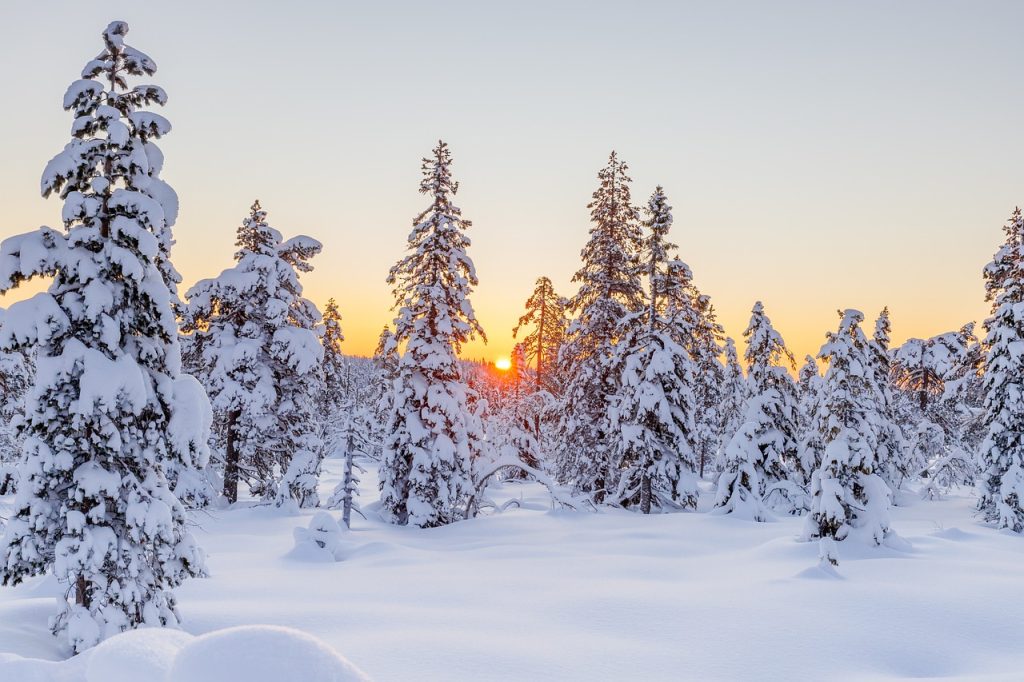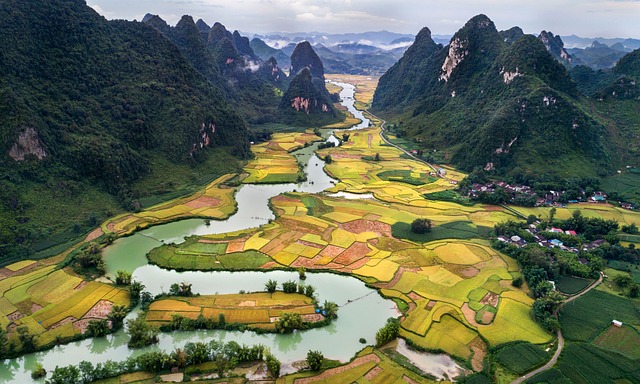The world’s population is expected to reach 9.7 billion by 2050, up from 7.7 billion today, according to a new report from the United Nations. The world’s population has been growing steadily for centuries, but it is now growing at an accelerating pace. In 1950, there were about 2.5 billion people on Earth; by 2050, there will be nearly 10 billion. The UN’s report, released Wednesday, projects that the world’s population will reach 8.6 billion by 2030, and 9.7 billion by 2050. The report also projects that the world’s population will begin to stabilize by the end of the century, reaching a peak of about 10.9 billion by 2100. The UN’s projections are based on a variety of factors, including fertility rates, life expectancy, and migration patterns. The report notes that the world’s population is aging and that this will have major implications for the global economy and society. The number of people over the age of 60 is expected to more than double by 2050, from about 1 billion today to more than 2 billion. The UN’s report is the latest in a series of projections about the world’s future population. In May, the US Census Bureau released its projections, which were slightly less optimistic than the UN’s. The Census Bureau projected that the world’s population would reach 9.3 billion by 2050. The UN’s report comes as the world is grappling with a variety of challenges, including climate change, poverty, and conflict. The UN’s Sustainable Development Goals, which were adopted in 2015, call for an end to poverty, hunger and inequality by 2030.

The earth was not meant to become this populated. The planet is not able to sustain the number of people currently living on it and the resources are becoming depleted. The environment is being damaged and the climate is changing. The population needs to be reduced to save the earth. There are many theories as to why the earth is trying to depopulate, but the most likely explanation is that the earth is overpopulated and is struggling to sustain all of its inhabitants. The earth is not able to provide enough food, water and resources for everyone, so it is forced to ration these things. This often leads to conflict and war as people fight over limited resources. Additionally, the earth is experiencing more natural disasters as a result of climate change, which also kills many people. Finally, pandemics, like our most recent one, are becoming more prevalent and are wiping out entire populations. All of these factors are contributing to a decrease in the number of people on earth.
There’s no denying that we as humans have done more bad than good on Earth. We’ve caused mass extinctions, polluted the environment and started wars that have killed millions of people. We’ve also enslaved and oppressed minorities and exploited the planet for our own gain. But it’s not all doom and gloom.
We’ve also done some amazing things, like curing diseases, inventing technologies that have improved our lives and working to end poverty and hunger. We still have a long way to go, but we’re slowly making progress. Nevertheless, the clock is ticking, it’s time to make a move, just as you would in a Hell Spin Casino. We need to reduce our carbon emissions and we need to do it quickly. The world is at a crossroads and we need to choose the right path.
We need to save Earth before the Earth wipes us all out. Nature’s decisions are more powerful than ours could ever be.
